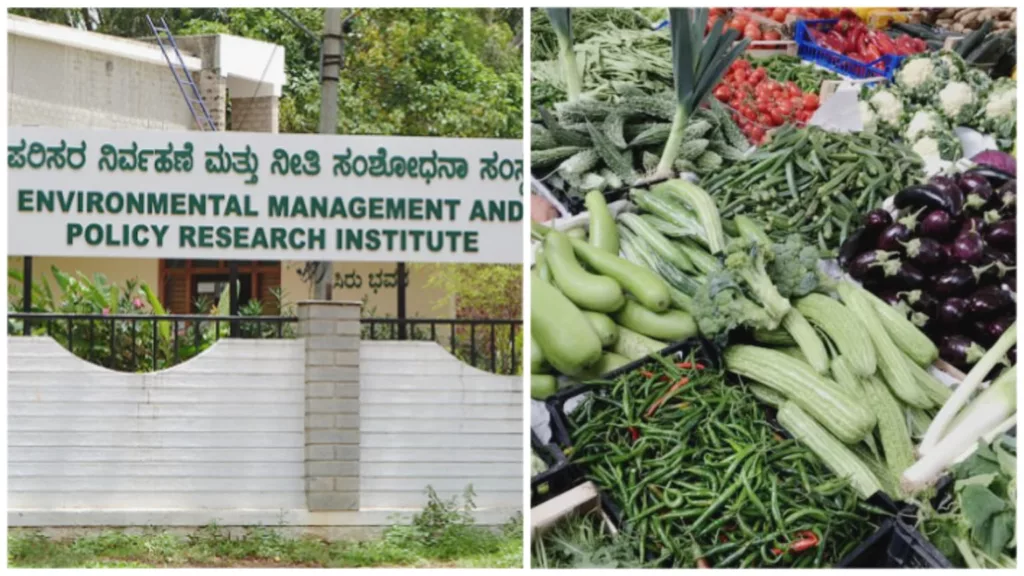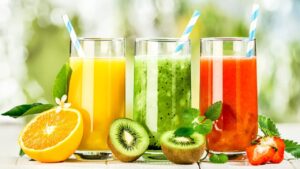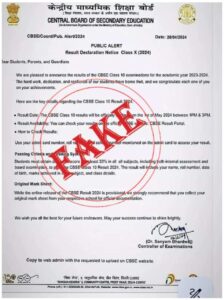Research shows presence of heavy metals in vegetables in Bengaluru

Research shows presence of heavy metals in vegetables in Bengaluru
By: Pune Pulse
October 26, 2023
Pune: The use of wastewater for growing vegetables has resulted in higher levels of heavy metals in the produce, according to researchers at Environmental Management & Policy Research Institute (EMPRI), who tested 400 samples from 10 vegetables and found contamination levels above FAO permissible limits.
As per further information from the research by EMPRI, in Bengaluru, which is home to more than one-fifth of the state’s population, vegetables are sourced from farmers’ networks based in remote areas of Bengaluru Urban, Kolar, Chikkaballapur, Ramanagara, and Bengaluru rural.
Hopcoms alone supplies 70 tonnes of vegetables, while most of the population relies on private shops, including pushcarts and supermarkets.
Environmental Management and Policy Research Institute (EMPRI) researchers collected 400 samples from 20 businesses in Bengaluru, including five high-end supermarkets, five local markets, ‘organic stores,’ and Hopcoms. Heavy metals were detected in samples of ten vegetables: brinjal, tomato, capsicum, bean, carrot, green chillies, onion, potato, spinach, and coriander.
While the maximum allowable limit for iron is 425.5 mg/kg, beans purchased from well-known organic stores had a concentration of 810.20 mg/kg, coriander had a concentration of 945.70 mg/kg, and spinach had a concentration of 554.58 mg/kg. Among the Hopcoms veggies, onion contained 592.18 mg/kg of iron.
Heavy metals surpassed allowed levels in the majority of the veggies evaluated, whether from supermarkets or small retail locations. Cadmium has a maximum limit of 0.2 mg/kg set by the FAO. However, brinjal purchased at a store in BTM Layout contained 52.30 mg/kg of cadmium. Cadmium levels in coriander were 53.30 mg/kg, spinach was 53.50 mg/kg, and carrot was 54.60 mg/kg.
Lead, which is defined as “purely toxic,” should not be allowed to exceed 0.3 mg/kg. While it was below detectable levels in some vegetables, beans from a supermarket had 12.20 mg/kg, raising worries about the health of those who eat the vegetable daily. Nickel concentrations in green chillies, carrots, potatoes, tomatoes, and beans are above the allowed limit of 67.9 mg/kg.
Cadmium is a perilous component that can cause poisonousness in the liver and lungs and weaken the immune system.
Shreyas Vange








